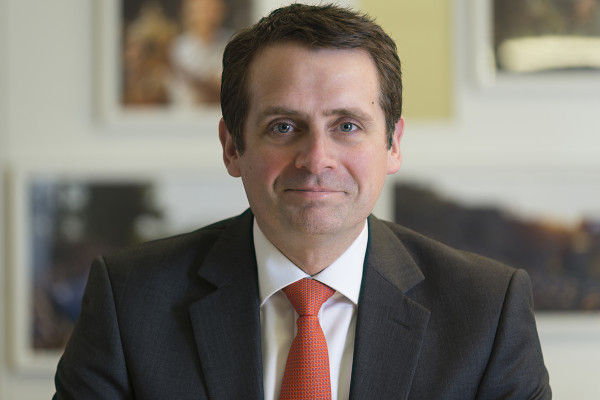

Barry O'Dwyer, the mutual’s chief executive, told FTAdviser the online guidance tool would give customers a “financial health check”,
It will deliver the new technology through Wealth Wizards, a robo-adviser the mutual bought a year ago.
While O’Dwyer is still adamant Royal London would not be entering the advice market like fellow product provider Aviva, he said the mutual was keen to help independent advisers close the advice gap.
The guidance tool, which will be rolled out in phases starting with a small number of customers in April, will ask a series of “basic questions”.
Based on the responses to these questions, the dashboard-like tool will generate guidance on a customer’s financial future - such as their debt position, where they are in their pensions funding, or what they should be thinking about retirement if they are in that age group.
The mutual will then link this service through to content which helps customers understand the choices they have, and at that point they will also have the option to seek regulated financial advice from a third-party.
“We're hoping that will open up the value of advice to customers, so more customers will go and seek independent financial advice as a result of using the guidance service,” said O’Dwyer.
“Primarily at Royal London, what we try to do is help IFAs because we think what's good for IFAs tends to be good for Royal London.
“So a lot of our focus is on: how do we make independent financial advisers more efficient, more effective, more profitable?”
O’Dwyer said Royal London’s shared problem with advisers was that only 8 per cent of the UK population gets advice.
“That's because it's too expensive, and we don't have enough advisers,” he explained. “We can't possibly recruit 200,000 advisers, or whatever number we need to fill the advice gap. So, we have to make every adviser more productive.”
The mutual has already launched two adviser dashboards as part of its digital tools for advisers strategy, one of which focuses on drawdown.
Asked whether Royal London has changed its stance on not buying into advice, O’Dwyer said: “Not at all.”
The mutual sold its Ascentric platform to M&G for £86mn in 2020, and has since taken a tools versus platform approach to helping advisers.
In fact after selling Ascentric, O'Dwyer said platforms solved problems which "no longer exist" and so Royal London would focus on providing other forms of technology to advisers.
“What we'd love to do is to scale up the IFA sector by providing the technology that allows them [advisers] to advise more people,” said O’Dwyer.
“What we have makes sense to advisers, because it isn't about offering thousands and thousands of funds. Most advisers operate a centralised investment proposition anyway.
“So it is about the quality of service and ultimately the delivery of good investment performance, delivered in a responsible way. And we can offer that without offering thousands of funds.”
Today (March 4), Royal London published its financial results for 2021. Profit before tax tripled to £133mn last year, returning to higher levels after the impacts of Covid-19 was a profit of just £41mn in 2020.
Its assets under management now sit at £164bn, up from £148bn the previous year. Whilst net flows into its asset management business increased from £3.87bn to £5.28bn.
ruby.hinchliffe@ft.com



